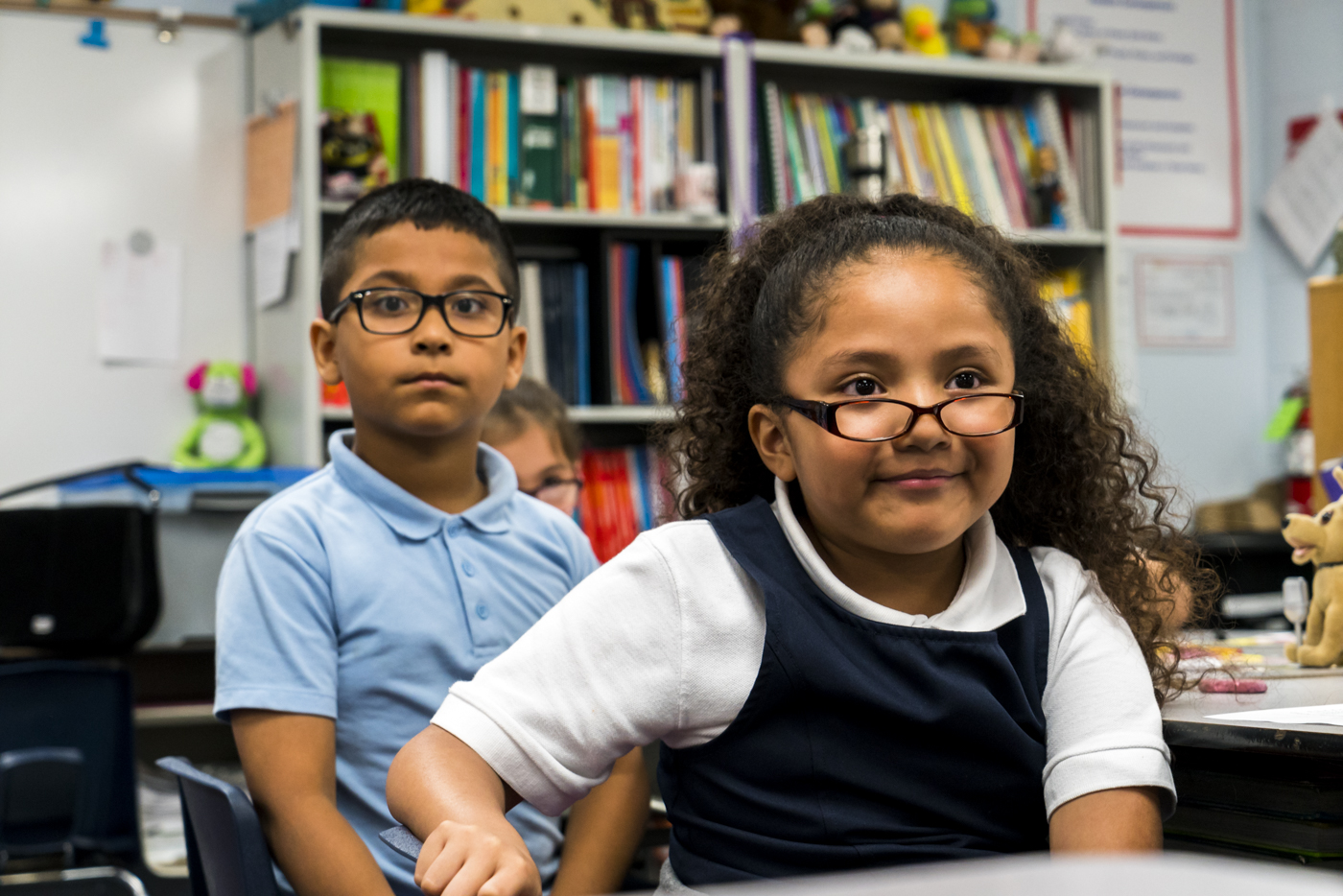August 18, 2017
Book Review: Better than Carrots or Sticks
How are we building strong children? Are we being intentional rather than reactive when it comes to classroom discipline?
Many educators are well into the start of the school year and diligently working to establish classroom norms and procedures. The beginning of the year sets the tone for what will go on during the year ahead, what interactions will occur between themselves and their students, and what kinds of discipline students and their families will learn to expect from them. This is a huge responsibility, and after reading Better Than Carrots or Sticks, I found myself wanting to go back into the classroom and “redo” my own beginning of the year norm setting routines.
Is our practice restorative or punitive? This question is what Better Than Carrots or Sticks calls us to reflect upon. As a classroom teacher, I didn't think I was engaging in punitive practices, but after stepping back to reflect on my own practice, it was clear I fell into some pretty typical habits that may not have contributed to the development of socially responsible scholars. According to Smith, Fisher, and Frey, effective learning environments possess two qualities: high-quality instruction and strong relationships. Creating relevance and peeking student interests is foundational in high-quality instruction. Just as important is the social competency skill of being able to repair damaged relationships.
Restorative practices build upon the positive relationships that already exist in a school community. They focus on intentional work aimed in helping students make progress toward social and emotional outcomes. Rewards and consequences only promote compliance in our students, so the question becomes, how do we teach students to engage in productive behaviors while also ensuring strong learning outcomes?
Better than Carrots or Sticks not only helps educators and parents build a toolkit for developing responsible and engaged children but also it shares the voices and faces of youth who feel empowered and successful as a result.
The book begins with a famous quote from Fredrick Douglas, “It is easier to build strong children than to repair broken men.” When we enter our classrooms for this new school year, let’s keep this quote in mind. How are we building strong children? Are we intentional rather than reactive when it comes to discipline? Keeping these questions in mind helps us to be mindful of restorative practices we hope to embed in our classroom procedures.
To learn more about the concepts and ideas in Better Than Carrots or Sticks, we invite you to attend our upcoming Restorative Practice training with Dominique Smith and Dr. Doug Fisher on November 2, 2017. You can register for this event at http://azk12.org/event/30197/details.











